Alabama Clinics - Do You Have Hypertension?
Viewed: 5026
Posted by: Al Clinics
Date: Feb 18 2019 10:30 AM
Hypertension affects around 40% of the worldwide population aged over 25 years old and is estimated to be implicated in approximately half of the deaths from stroke or cardiovascular disease. Hypertension, or high blood pressure, is defined as a systolic blood pressure over 140mmHg and a diastolic blood pressure over 90mmHg. Early and accurate diagnosis of hypertension, as well as regular monitoring, is essential to develop a successful treatment. Usually a blood pressure is measured with a cuff that is filled with are to squeeze the artery in your upper arm while a gauge records your pressure as the air is released from the cuff. A blood pressure measurement has 2 parts:
Systolic pressure – The top number is your blood pressure when your heart beats and pumps blood through your arteries. Your blood pressure is higher while your heart is pumping, so the systolic number is always higher.
Diastolic pressure – The bottom number is your blood pressure in between heartbeats when your heart is at rest.
A normal blood pressure is around 120/80. Most people with high blood pressure show no signs or symptoms. However, some symptoms to look out for are:
- Headaches
- Shortness of breath
- Nosebleeds
- Flushing
- Dizziness
- Chest pain
- Visual changes
- Blood in the urine
These symptoms don’t always present themselves until it’s too late. The best way to make sure you don’t have hypertension is to get regular blood pressure readings and keep a log of it.
There are two types of hypertension:
Primary Hypertension – also called essential hypertension. This kind of hypertension develops over time with no identifiable cause. A combination of factors may be to blame; these include:
- Genes – this may be from gene mutations inherited from your parents
- Physical changes – body malfunctions may put you at risk of hypertension. For example, if your kidney function changes it will upset the body’s natural balance of salts and fluids and it may cause your blood pressure to increase.
- Environment – unhealthy lifestyle choices, such as lack of exercise and poor diet can take a toll on your body and cause hypertension.
Secondary Hypertension – often occurs quickly and can become more severe than primary hypertension. Some conditions that may cause secondary hypertension include:
- Chronic kidney disease
- Congenital heart defects
- Thyroid problems
- Side effects of medications
- Use of illegal drugs
- Alcohol abuse
- Adrenal gland problems
- Certain endocrine tumors
- Sleep apnea
- Renal artery stenosis
Hypertension also has many risk factors, including:
- Age – The risk of high blood pressure increases with age. Through early middle age, about age 45, high blood pressure is more common in men. Women are more likely to develop high blood pressure after age 65.
- Race – High blood pressure is particularly more common among African Americans.
- Family history – High blood pressure can run in families
- Being overweight or obese – The more you weigh the more blood you need to supply oxygen and nutrients to your tissues. As the volume of blood circulated through your blood vessels increases, so does the pressure on your artery walls.
- Lack of physical activity – People who are inactive tend to have higher heart rates. The higher your heart rate, the harder your heart must work with each contraction and the stronger the force on your arteries.
- Tobacco use – Not only does smoking or chewing tobacco immediately raise your blood pressure temporarily, but the chemicals in tobacco can damage the lining of your artery walls. This can cause your arteries to narrow, increasing your blood pressure. Secondhand smoke can also increase your blood pressure.
- Too much sodium in your diet – Too much salt in your diet causes your body to retain fluid, which increases blood pressure.
- Alcohol abuse – Having more than two drinks a day for med and more than one drink a day for women may affect your blood pressure.
- Stress – High levels of stress can lead to a temporary increase in blood pressure.
If your blood pressure is constantly high, your doctor will likely conduct additional tests to rule out other underlying conditions. These tests include urine tests, cholesterol screenings, and monitoring your heart’s electrical activity. The excessive pressure on your artery walls caused by high blood pressure can damage your blood vessels, as well as organs in your body. The higher your blood pressure and the longer it goes uncontrolled, the greater the damage. Uncontrolled hypertension can lead to heart attack, stroke, aneurysm, heart failure, vision loss, metabolic syndrome, and even trouble with memory.
Walk in today or call now to book an appointment for your personalized hypertension treatment at Alabama Clinics.
Alabama Clinics
2812 Hartford Hwy, Suite 1
Dothan, AL 36305
(334) 712-1170

<- back







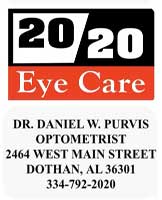


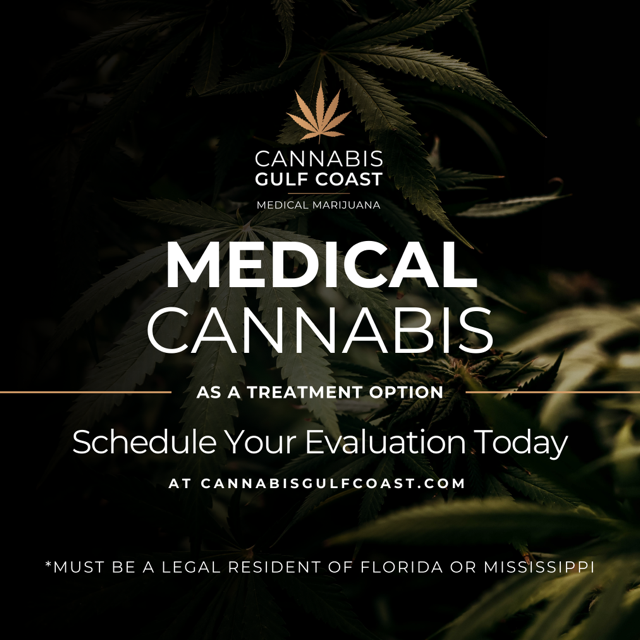
1.jpg)
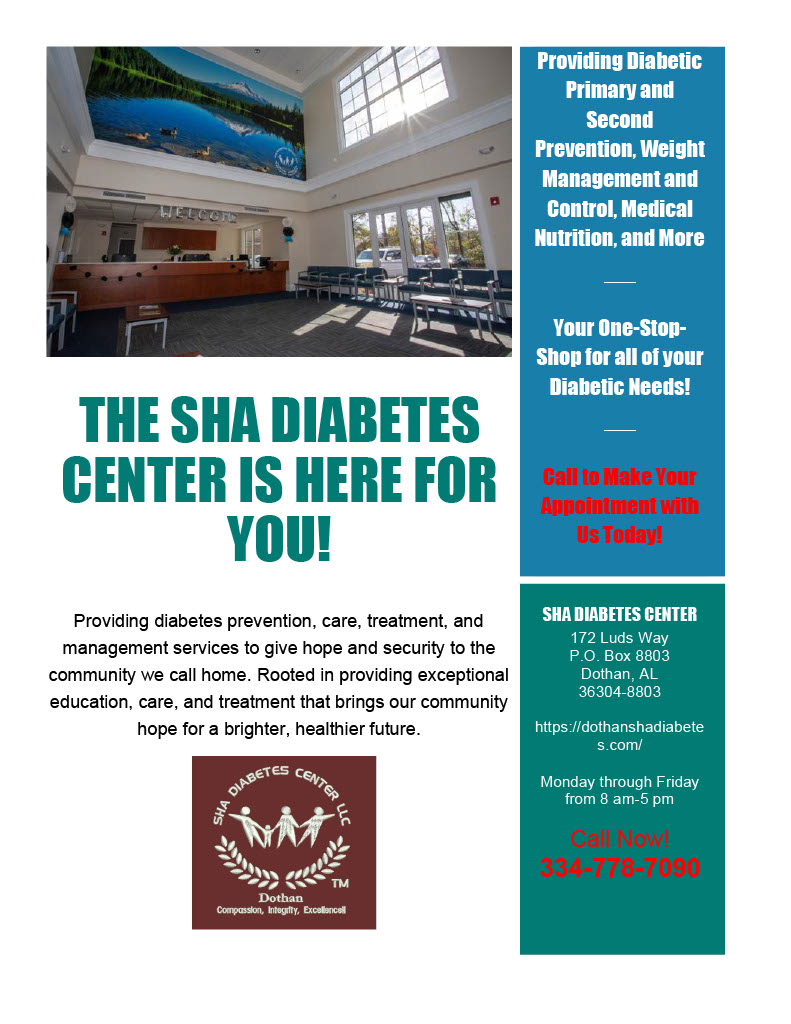
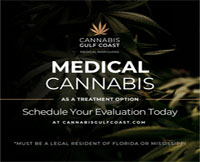
.jpg)













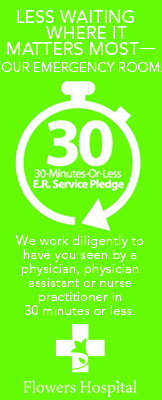
 (1).gif)
.jpg)






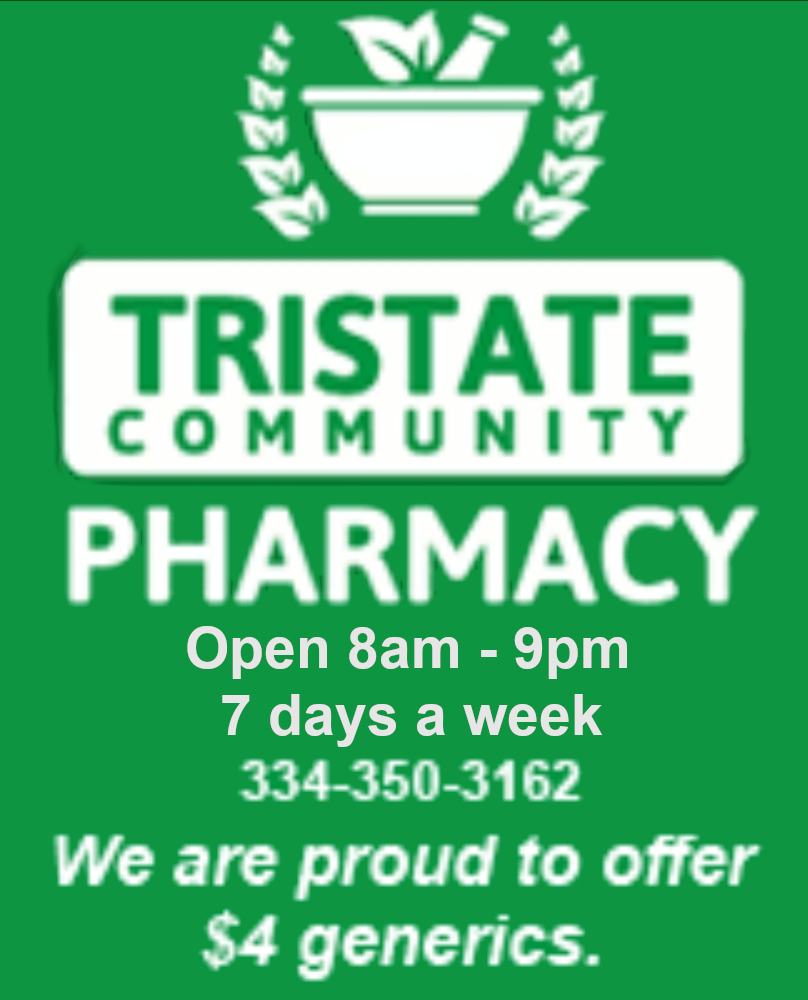







 (2)1.jpg)







.jpeg)
.jpeg)

1.jpg)








.png)


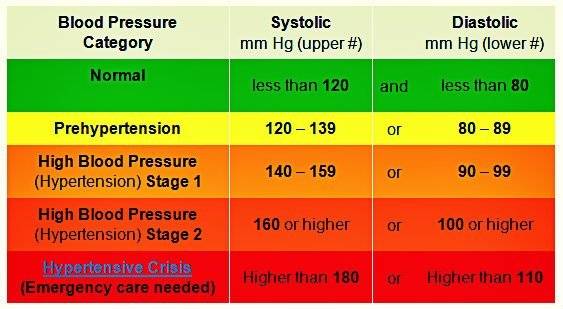
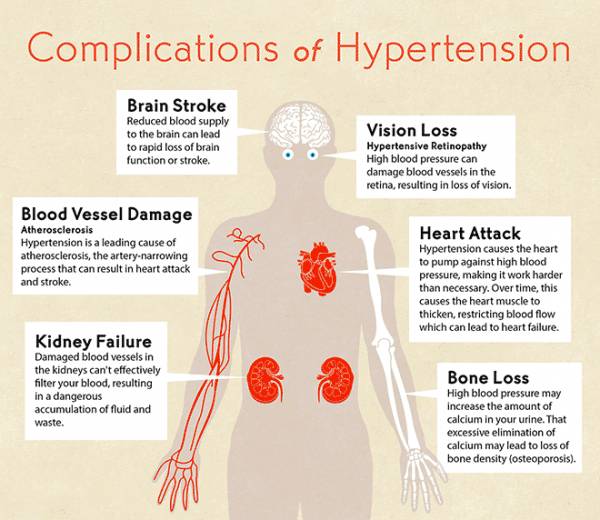




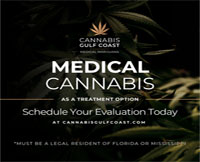

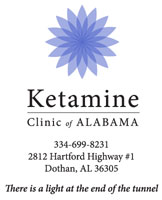












.jpg)
1.jpeg)
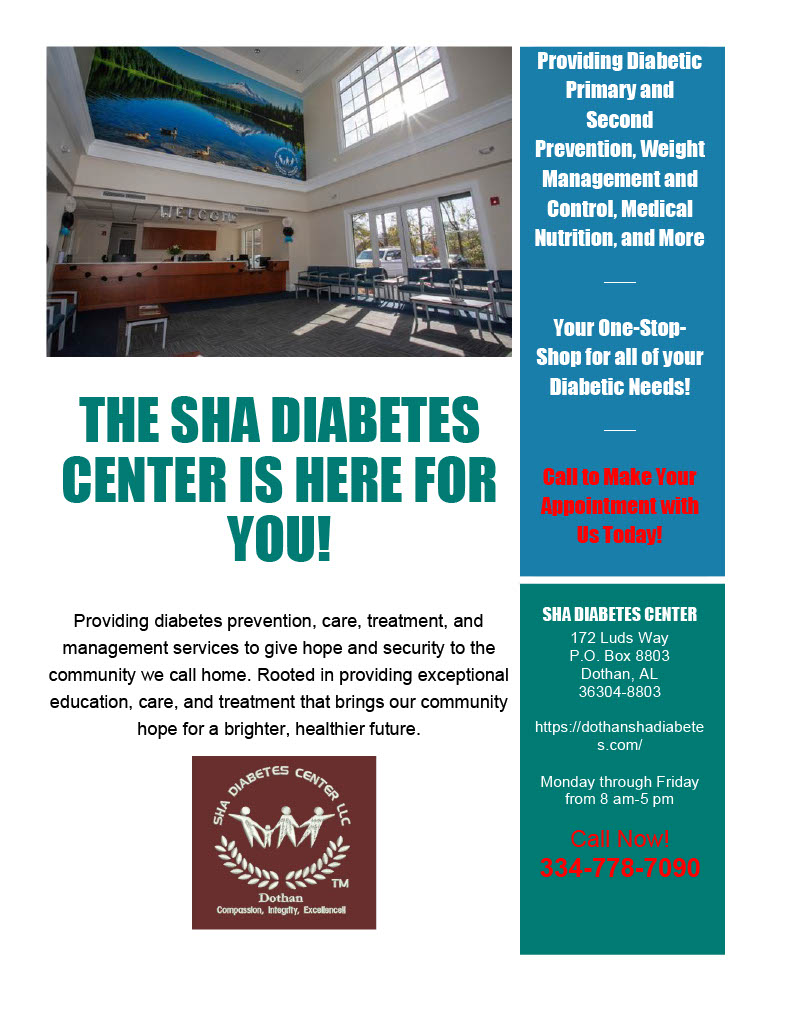


1.jpg)

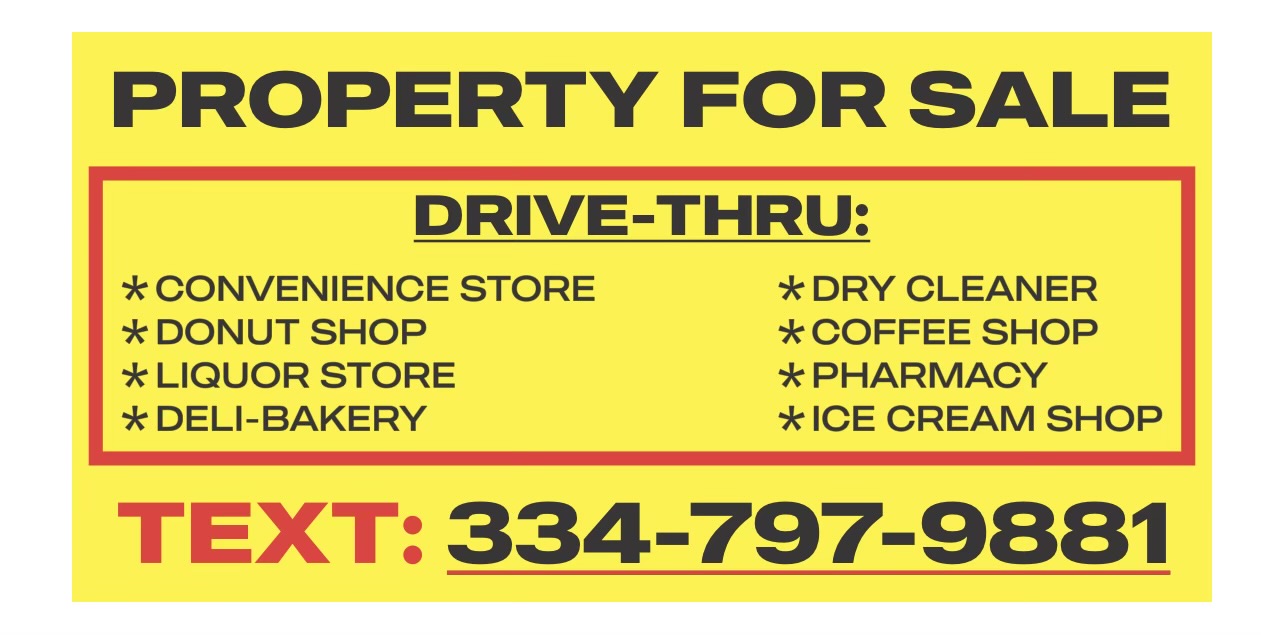



.jpg)



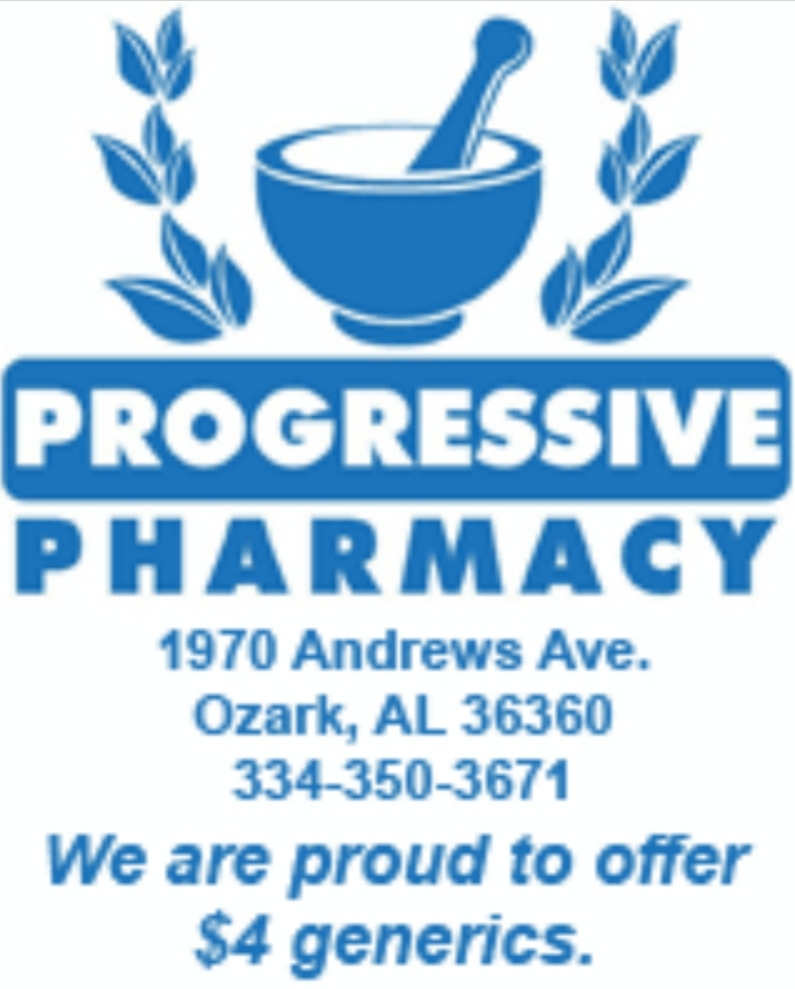


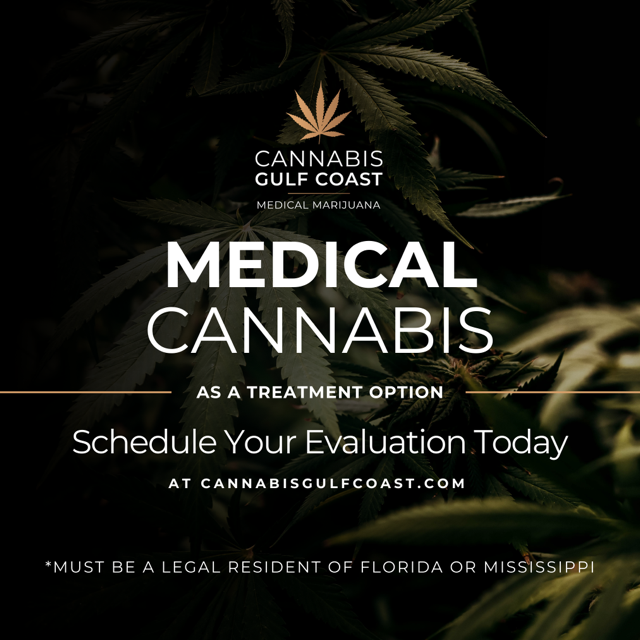


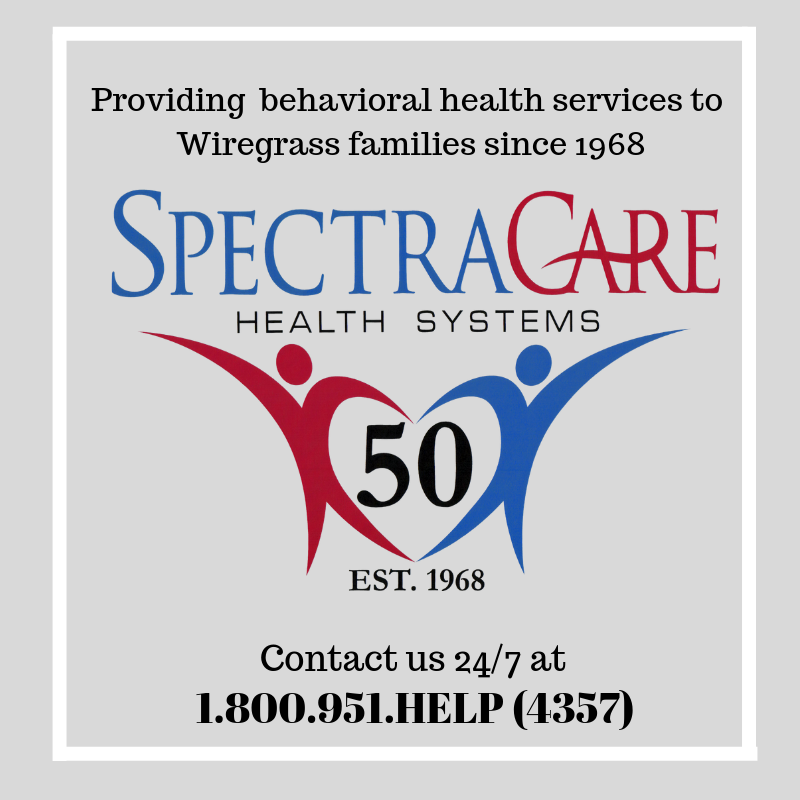

 (2).jpg)
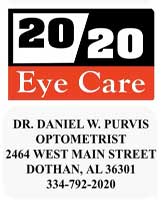

.JPG)




.jpg)









